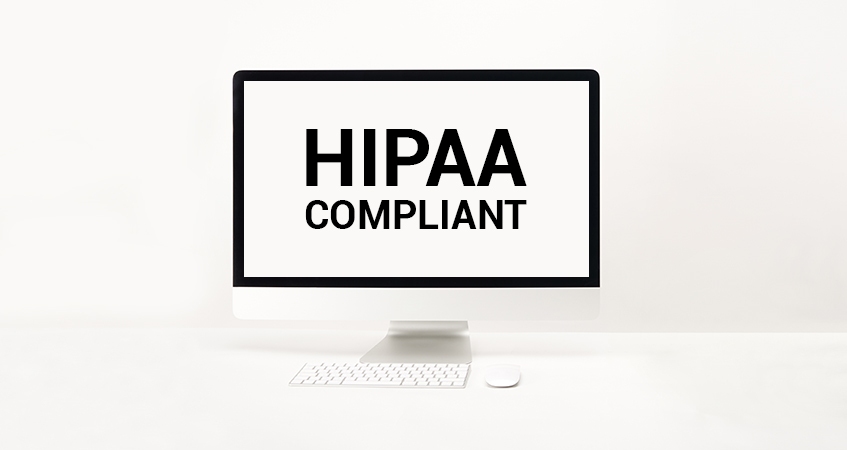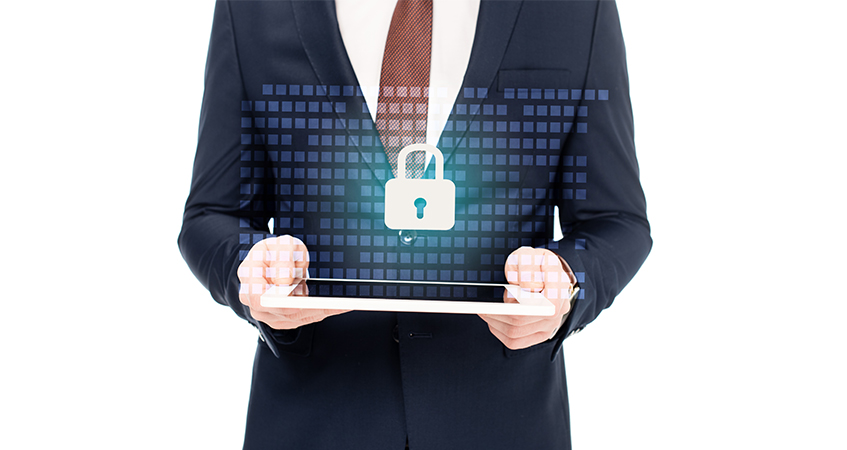
HIPAA exists to protect your patients’ private data by restricting how it’s discussed verbally, how it’s electronically transferred, and how it’s handled after a patient leaves the practice. If you’re looking at new billing software options, or you aren’t sure whether your software currently meets HIPAA compliance, we detailed everything you should examine at your business to become and remain HIPAA compliant.
Review Your Internal Policies
Before you can figure out if you’re meeting HIPAA compliance in full, you need to make sure you have a thorough understanding of your internal policies and procedures by conducting an audit. It’s important to note that this will be a lengthy process, and it’s not something that should be rushed. This process consists of taking a deep dive into the structure of your business and your policies to identify any potential gaps that need to be filled. During this review, you should do the following:
- Document what type of data you collect, store, and send to other healthcare companies.
- Create an in-depth policy regarding your data management.
- Review your security procedures to ensure optimum protection of patient data.
- If you’re already using electronic medical billing software, review the system and look for any weakness in the program. If you’re still operating manually, make a list of what you want from software, your budget, and how implementing the system will improve your business.
- Review your access logs and think about who can view different sets of information. Does everyone who has access need it? Develop a strict protocol for who can view data and how that data is used.
- Analyze any security incidents you’ve had in the past to figure out why they happened and how you can prevent them.
- Pinpoint your greatest strengths and weaknesses.
Implement Advanced Cybersecurity Protocols

If you don’t have advanced cybersecurity measures implemented at your business, you become vulnerable to cyberattacks that can seriously harm your business. Your patients trust that when they come to your facility, their information is safely stored and protected against data breaches. Once you implement billing software at your company, you should make sure these features are in place to meet HIPAA compliance:
- Require unique, strong passwords for every employee. Under no circumstance should employees share passwords with one another. Passwords should change every few months or once a quarter, whatever you see fit.
- Require multi-factor authentication. With this process, users have to enter additional verification methods after entering their password. This may be a verification code, a face scan, or a security question, but it should definitely be in place.
- Automatic log-offs and computer locks. Every employee’s computer should automatically go to sleep and lock after a set period of inactivity. The shorter the session of inactivity, the more protection you give to your data.
- Monitor suspicious activity. You should invest in built-in intrusion detection tools that will find and notify you of any suspicious activity going on. If that activity is tracked back to one specific user, that user will be temporarily banned until the problem is identified.
Limit Access to Certain Data
Everyone at your practice doesn’t need access to the same type of data. Doctors and nurses need access to patient information that receptionists would never touch. As such, you need to designate various levels of access to your database. Every employee should have a unique ID used to access their account, so from there, you can control who sees what information, and who needs further permission to view other data.
Encrypt Your Data

When you’re sending sensitive data to insurance companies every day, you need to make sure that data is encrypted. When you encrypt an email or a file, it is converted into an unreadable format that can be unlocked by the recipient with the right security password. Billing software comes with the built-in ability to automatically encrypt your data, making it a must-have investment for your business.
Find Reliable Backup Solutions
You can’t predict a bad system crash, data corruption, or natural disasters that could destroy your data, but you can prepare for these scenarios. Backup data is necessary no matter where you’re located and what kind of data you’re working with. Here’s how you should backup your data:
- Create in-depth policies regarding how you backup your data
- Conduct daily backups
- Store your data backups in the cloud or in another secure location, potentially off site in case something happens at your site.
- Monitor your data storage for any system downtime, failure to back up data, or other problems that put your data at risk.
Invest in HIPAA-Compliant Software Today
If you work in the healthcare world, you need HIPAA-compliant software to get the job done safely and efficiently. At Claimgenix, we create software that meets all HIPAA regulations and allows you to perform faster, smarter, and better billing. Our platform supports over 8,000 different payers and is available in all 50 states. If this sounds like something that you need at your business, we’d love to set up your free demo. Contact our representatives today!

